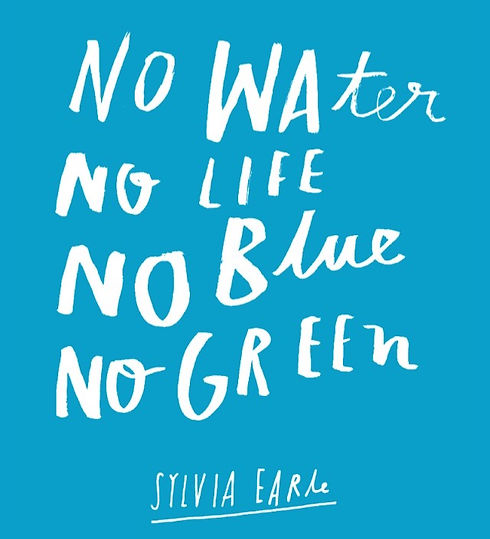
PROTECT OUR OCEANS AND MARINE LIFE
OUR OCEANS TODAY, STATISTICS FROM THE UN
OCEAN ACIDIFICATION
Ocean acidification is caused when there is an excess of CO2 that is absorbed by the ocean. Over the past 30 years, it was observed that there was a 26% increase in ocean acidity. At this rate, it is predicted to increase by 100 to 150% by the end of the century.
This is a serious risk to marine life. If the acidity of the ocean increase too much, many fish and other marine life could die. Limiting our CO2 emissions can help prevent disasters like this from happening, as many people depend on marine life as a source food. It can help our planet as a whole by prevent global warming and the decreasing the temperature of our oceans.

MAINTAINING FISH STOCKS AND PROTECTING MARINE WILDLIFE
Fish stocks are groups of fish of the same species that live in the same geographic area and breed with each other. Overfishing has caused fish stocks to decline from biologically sustainable levels of around 90% in 1974 to 66.9% in 2015. Fish stocks must be maintained to prevent overfishing and the possible extinction of fish species that are important to our marine ecosystem. We must protect the habitats that these fish live in, so their populations can continue to grow and keep our marine ecosystem thriving.
As of December 2018, 17.2% of ocean waters under national jurisdiction were covered by protected areas. This was a significant increase from 12% in 2015 and double what it was in 2010. In 2000, the global mean percentage of each marine key biodiversity are covered by protected areas increases from 31.2% in 2000 and rose to 45.7% in 2018. This increase in protected areas of marine life can help boost the populations of different species of marine animals and help create healthy sustainable oceans.

PREVENTING ILLEGAL FISHING AND PROMOTING ACCESS TO RESOURCES FOR SMALL FISHERIES
Illegal, unreported fishing is still one of the greatest threats to sustainable fisheries and the people who depend on them. Many countries have enacted regulations to combat illegal fishing and a framework of international instruments have been developed and put in place. One of these frameworks is the Port State Measures to Prevent, Deter and Eliminate Illegal, Unreported and Unregulated Fishing. This is was the first international agreement to combat illegal fishing and was put into place in 2016. The amount of organizations who have joined the agreement increased to 58 in February 2019. The more countries and organizations who join together and help stop illegal fishing, the more we can help protect our marine ecosystems from overfishing and possible extinction.
Almost all countries contain small-scale fisheries and they produce more than half of all fish in the world. Countries have developed ways to promote resources and services to these small-scale fisheries, but only 20% of countries have implemented these resources. Promoting resources for small fisheries will not only increase the number of small fisheries there are, but it will help decrease the amount of illegal fishing and help our marine wildlife to grow, bringing more, healthier fish.


UN GOALS FOR 2030
By 2020
Protect and sustain marine and coastal ecosystems to prevent negative impacts and strengthen their resilience
Create regulations to prevent illegal fishing and overfishing and implement plans to help restore fish stocks
Conserve at least 10% of costal and marine areas
Prohibit fisheries which contribute to overcapacity and overfishing and eliminate fisheries which contribute to illegal or unreported fishing
By 2025
Prevent and reduce ocean and marine pollution of all kinds, including marine debris and nutrient pollution
By 2030
Increase economic benefits of Small Island developing States and least developed countries which includes sustainable use of marine resources and management of fisheries

HAVING HOPE
Together as a world, we can work together to help restore our worlds marine wildlife and ecosystems to keep our oceans thriving. You can help by reducing your own CO2 emmisions and by picking up trash you see at the beach. Also, fish legally and don't overfish. If you do choose to fish, don't waste it and use it appropriately or put it back. Please help keep our oceans clean and healthy.
